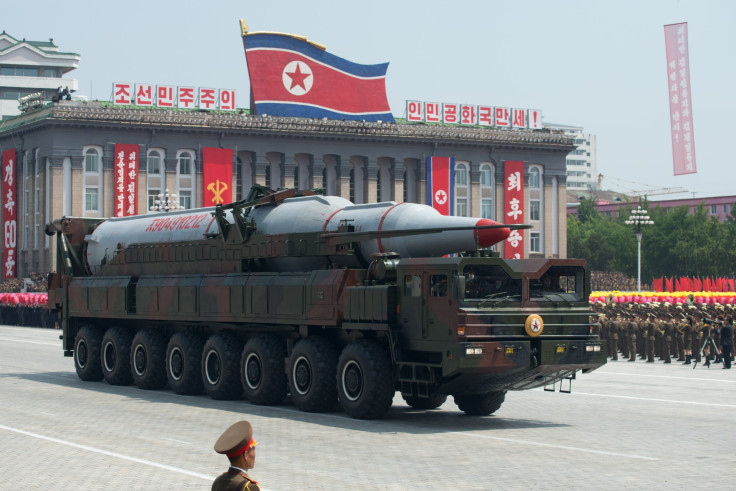North Korea Missile Launch: South Asks China Counterparts To Help 'Rein In' North

South Korean officials have sought the assistance of their Chinese counterparts to help reign in North Korea’s plans for a long-range missile launch. South Korea was hoping that China’s long-standing relationship with the North as a political and economic ally would be more influential in urging Pyongyang from refraining from the missile launch and possibly push them to consider negotiating denuclearization.
Hwang Joon-kook, South Korea’s special representative for Korean Peninsula peace and security affairs, met with his Chinese counterpart, Wu Dawei, in Beijing this week to discuss China’s role in North Korea, an unnamed diplomat with knowledge of the talks told South Korea’s Yonhap News Agency.
N. Korea missile launch pad just got significantly bigger http://t.co/p6WHOlwTcW pic.twitter.com/VFzEPG6Oyk
— Newser (@Newser) July 22, 2015“It has been increasingly clear that North Korea won’t change course as North Korea has rejected any dialogue on its nuclear program,” the source said. “So, it is time for the Chinese side to play a more active role in reining in the North.”
China serves as Pyongyang’s economic lifeline, providing the North with most of its hard currency and being its biggest trade partner. However, leveraging this over the North could backfire on Beijing because tension with Pyongyang could lead to volatility at their shared border.
South Korean state media reported that the North was apparently preparing for a new long-range missile test sometime in the near future. Military intelligence say that work on the launch pad was nearly complete and is capable of accommodating a missile two times bigger than the 30 meter -- about 98 feet -- rocket that they launched in 2012.
South Korea’s Defense Ministry was under the assumption that the launch would take place in October, timed along with a military parade.
“With the communist country set to mark the 70th anniversary of the Workers’ Party of Korea’s formation on Oct. 10, the North is likely to launch strategically motivated provocations,” the ministry said in its defense policy outline, according a separate Yonhap News Agency report.
© Copyright IBTimes 2025. All rights reserved.






















